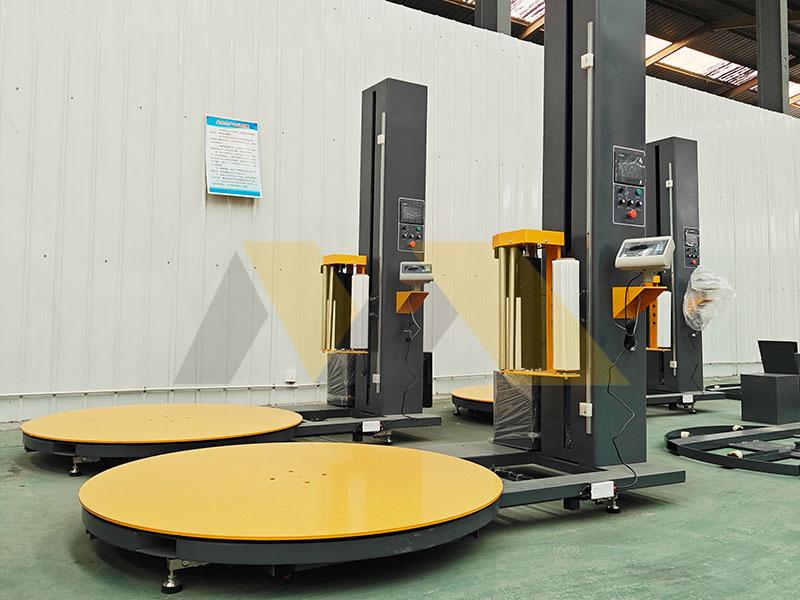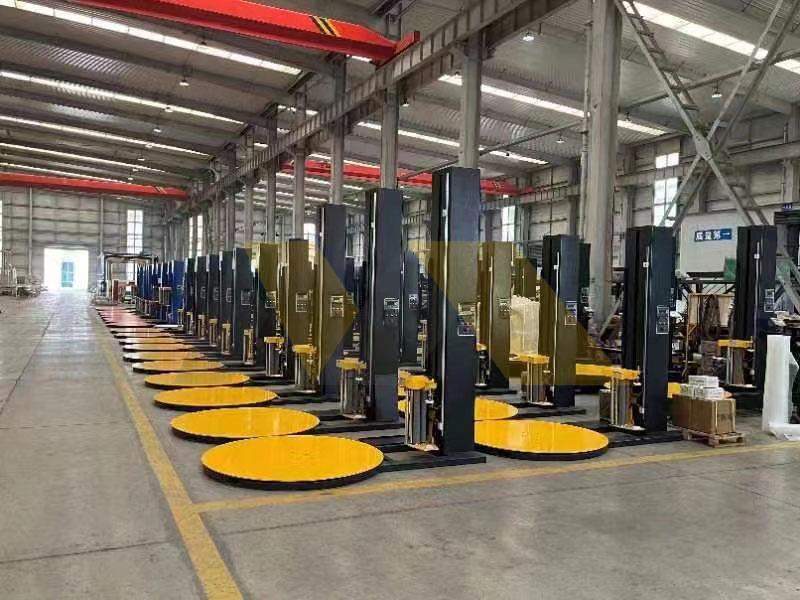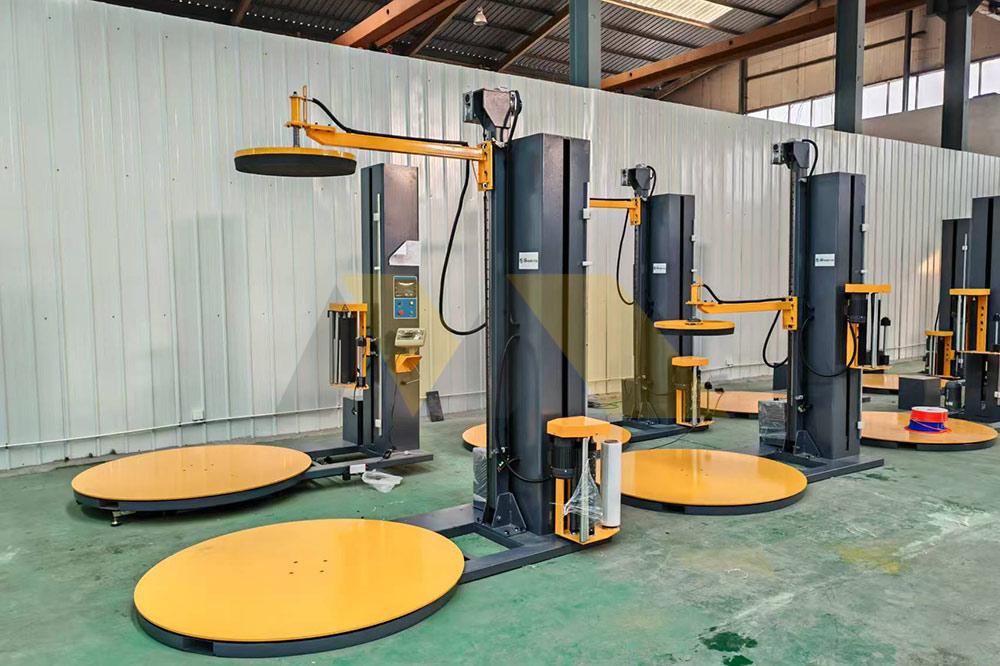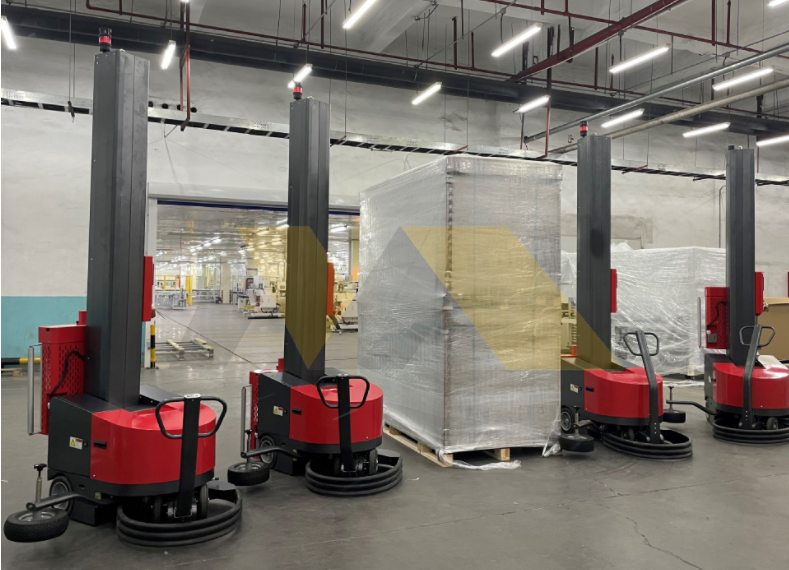Are you drowning in production delays due to wrong equipment choices? Selecting incorrect case erectors creates costly bottlenecks and wastes labor dollars. Match your machine to actual production needs first.
Case erector selection isn’t about chasing specs; assess production rhythms, box dimensions and daily volumes. Prioritize ROI analysis, operational stability and service support over speed/price tags to avoid 23%+ efficiency losses and costly downtime.
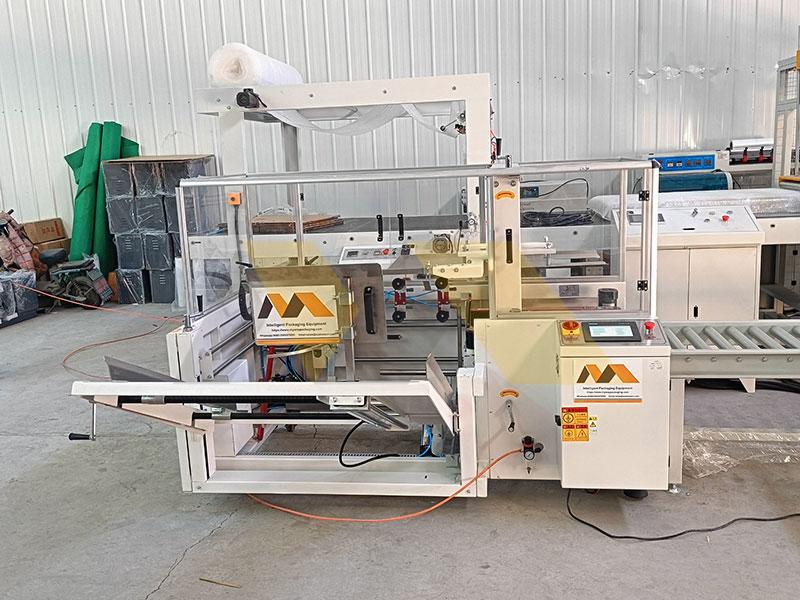
As packaging specialists since 2010, we’ve seen how improper equipment cripples outputs. Let me guide you with industry truths through these essential questions.
What is the difference between a case former and a case erector?
Have you assumed automatic case formers handle high-volume needs? Production halts and wasted cartons prove this false. Understand their distinct roles before purchasing disaster strikes.
Case formers are semi-automatic workhorses best for low-volume setups with fewer box sizes, while case erectors provide fully automated, high-speed solutions integrating with entire packaging lines and reducing labor by 70%+.
Many buyers regret choosing basic case formers when scaling production. Through client conversations at our Zhejiang factory, we notice three critical differentiators:
Production Volume Needs
- Case Formers: Handle 5-10 boxes/minute (ideal for startups)
- Case Erectors: Process 15-30 boxes/minute (enterprise operations)
Automation Requirements
| Feature | Case Former | Case Erector |
|---|---|---|
| Material Feeding | Manual loading | Automatic conveyor |
| Box Changeover | 15-20 min adjustment | <5 min auto-switch |
| Error Correction | Operator dependent | Auto-rejection system |
Financial Impact Case Study
When a Canadian distributor swapped five case formers for our MY-SERIES erectors:
- Output increased 200% at Montreal plant
- Annual savings: $78K in labor costs
- Payback period: Just 11 months
Why gamble with underpowered equipment? Whatsapp our engineers your box dimensions for custom recommendations: WhatsApp us direct.
What does a case erector do?
Is your packing line struggling with inconsistent box quality? Human errors cause 32% of packaging rejects. Discover how precision automation solves this.
Case erectors automate shipping carton formation precisely – from flat folding to glue sealing and perfect right-angle creation at 15-30 boxes/minute, ensuring flawless container readiness for product loading with <0.1% damage rates.
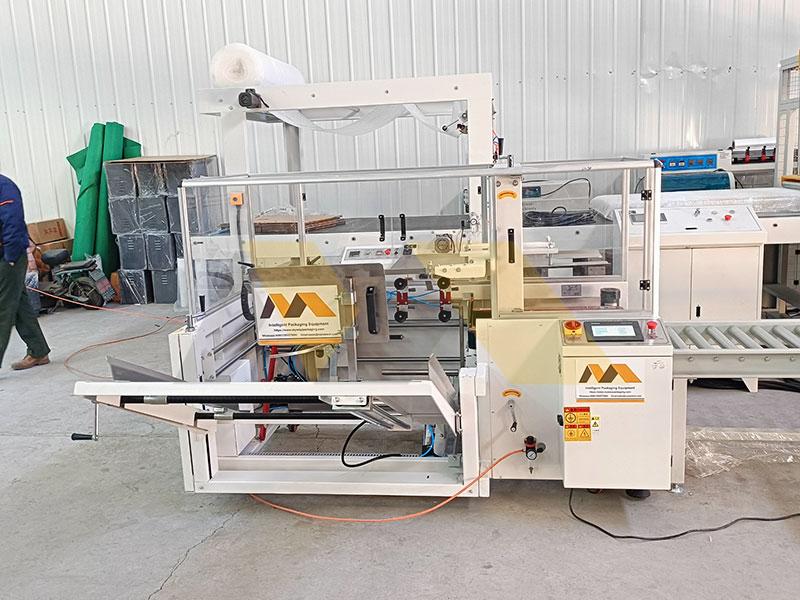
Beyond basic forming, our clients experience transformational benefits. Consider these overlooked operational advantages.
Production Synchronization Magic
Modern case erectors act as conductors orchestrating the packaging symphony through:
- RPM-synced motion controls that match filling stations
- Infrared sensors detecting downstream bottlenecks
- Rejection gates diverting imperfect boxes
Cost Saving Reality Check
| Waste Category | Manual Handling | Case Erector | Reduction |
|---|---|---|---|
| Damaged Cartons | 12% | 0.8% | 93% |
| Rejected Shipments | 9% | 0.5% | 94% |
| Overtime Hours | 380/year | 45/year | 88% |
Your bottom line feels this difference. Our MY-PRO models include predictive maintenance alerts preventing $8,500 hourly downtime hits. Let’s calculate your savings potential – contact us today.
How much is the case erector?
Shocked by quotes ranging from $5K-$30K? The cheapest option often carries hidden costs that cripple profits. Uncover the real price metrics.
True cost isn’t purchase price but TCO (Total Cost of Ownership) over 5+ years, accounting for energy consumption, spare parts, maintenance labor, and production downtime that can reach $200K annually with inferior machines.
Stop comparing apples to bulldozers. Here’s how industrial buyers evaluate real-world expenditure.
Price Range Breakdown
- Entry Level ($5,000-$12,000): Basic mechanism, 1-2 box sizes, minimal automation
- Mid-Range ($13,000-$22,000): Auto-adjustment features, 3-5 sizes, integrated controls
- Industrial ($23,000-$30,000+): Custom engineering, <5s changeovers, IoT connectivity
Smart Investment Framework
We guide clients through a 4-point financial analysis:
| +———————————————————————+ | ROI Checklist | Low-Grade Machine | Myway Premium |
|---|---|---|---|
| Initial Purchase Price | $14,000 | $26,000 | |
| Annual Maintenance/Spares | $3,200 | $850 | |
| Labor Minutes Saved Daily | 67 | 248 | |
| Energy Consumption/Hour | 3.8 kW | 2.1 kW | |
| Projected Lifetime Value (5 Years) | -$18,700 | +$142,300 |
+———————————————————————+
Premium machines pay for themselves. Most clients recoup our investment within 16 months through Japanese-tier reliability. Send us your production data for custom ROI modeling.
What is a carton erecting machine?
Confusing cosmetic retail cartons with industrial shipping containers? This mistake paralyzes packaging lines. Learn why application matters.
Carton erectors specialize in retail-ready boxes under 16" dimensions with precision folds for aesthetic presentation, whereas case erectors handle heavy-duty shipping containers up to 40" with focus on structural integrity during transport.
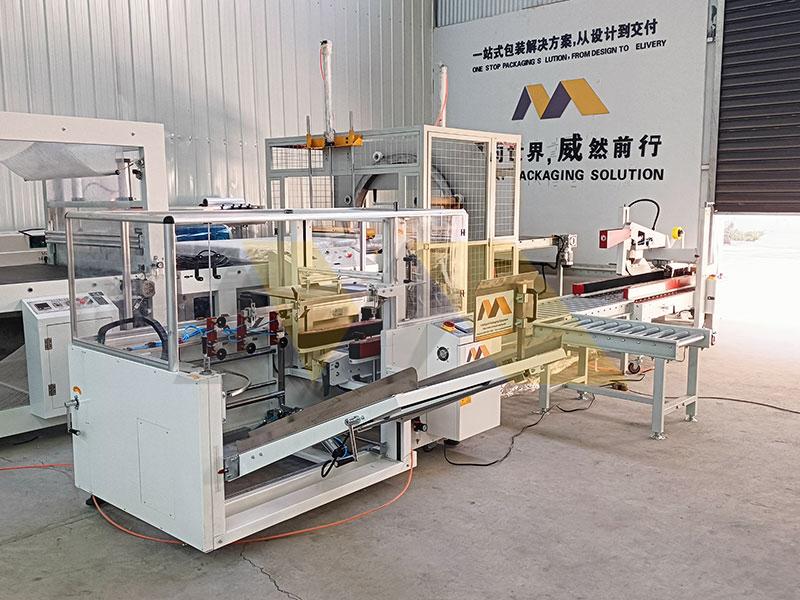
The box type confusion causes more operational chaos than you realize. Examine these critical distinctions.
Compatibility Imperatives
Mismatched equipment causes:
- 68% Jam rates when forming shipping cartons on retail machines
- Fragile product damage during automated handling
- 27 Seconds lost on average per size adjustment
Machinery Selection Grid
| Parameter | Carton Erector | Case Erector |
|---|---|---|
| Box Weight Limit | 8-10 lbs | 65-150 lbs |
| Material Thickness | ≤1.5mm paperboard | ≥2mm corrugated |
| Application Focus | Retail display ready | Transit protection |
| Aesthetic Demand | Visual perfection | Structural soundness |
Don’t gamble with $14,000 mistakes. Our engineers validate your box specifications beforehand, ensuring machinery compatibility and avoiding costly production halts.
Conclusion
Choosing case erectors requires analyzing production rhythms and TCO beyond initial costs – match specifications to your daily box volumes and material types for optimal efficiency. Let’s optimize your packaging line.

